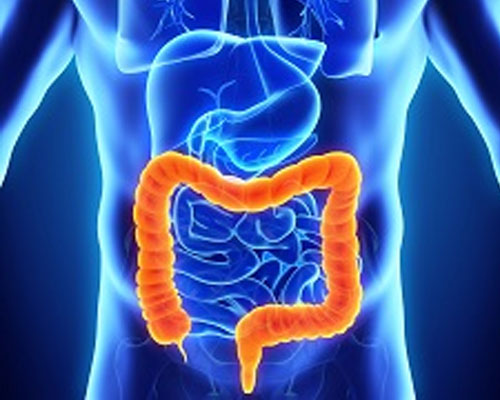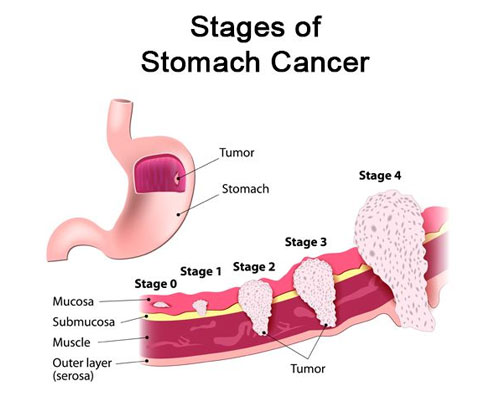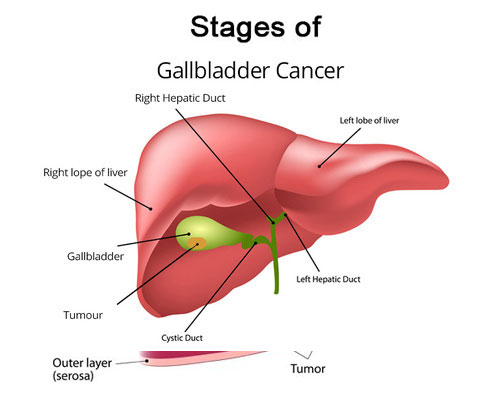Gastrology Cancer
Gastrology cancer refers to cancer that affects the digestive system, including
organs like the stomach, colon, liver, pancreas, and esophagus. It is a broad
category of cancer that can have varied symptoms depending on the location and
stage of the disease. Early-stage gastrology cancers may not show noticeable
symptoms, making them difficult to detect. Common risk factors include age,
family history, smoking, unhealthy diet, and chronic conditions like inflammation
in the digestive tract. Symptoms can range from unexplained weight loss and
nausea to more severe signs like abdominal pain and blood in stool.
Early
detection is crucial for effective treatment, as it significantly improves the
chances of survival. Treatment options include surgery, chemotherapy, radiation
therapy, and targeted therapies, depending on the cancer's type, stage, and
location. Regular screenings, especially for those at high risk, are essential for
prevention and early diagnosis.
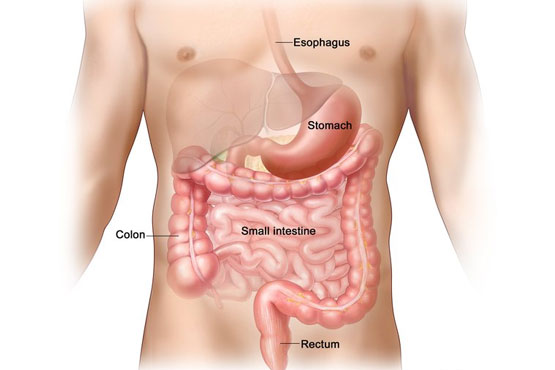
Types of Gastrology Cancer:
1. Esophageal Cancer
- Originates in the esophagus, the tube connecting the throat to the stomach.
- Subtypes: Squamous cell carcinoma and adenocarcinoma.
2. Stomach (Gastric) Cancer
- Affects the stomach lining or inner layers.
- Linked to Helicobacter pylori infections, dietary factors, and genetic predispositions.
3. Liver Cancer
- Primarily hepatocellular carcinoma (HCC), which starts in liver cells
- Often associated with hepatitis infections and cirrhosis.
4. Pancreatic Cancer
- One of the most aggressive forms of cancer.
- Often diagnosed late due to subtle symptoms.
5. Colorectal Cancer
- Affects the colon or rectum and is one of the most common GI cancers.
- Early detection through colonoscopy is crucial.
6. Anal Cancer
- A rare type that develops in the anus.
- Often linked to HPV infection.
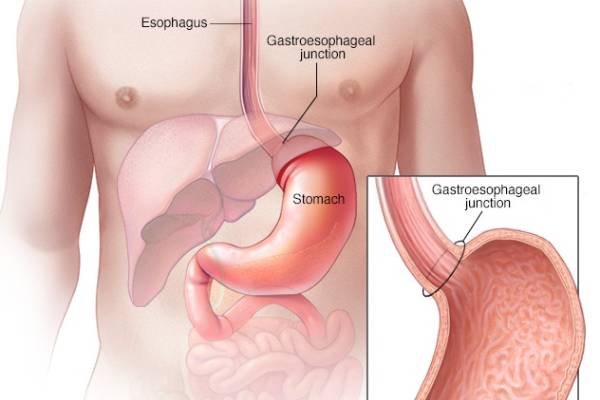

Common Symptoms
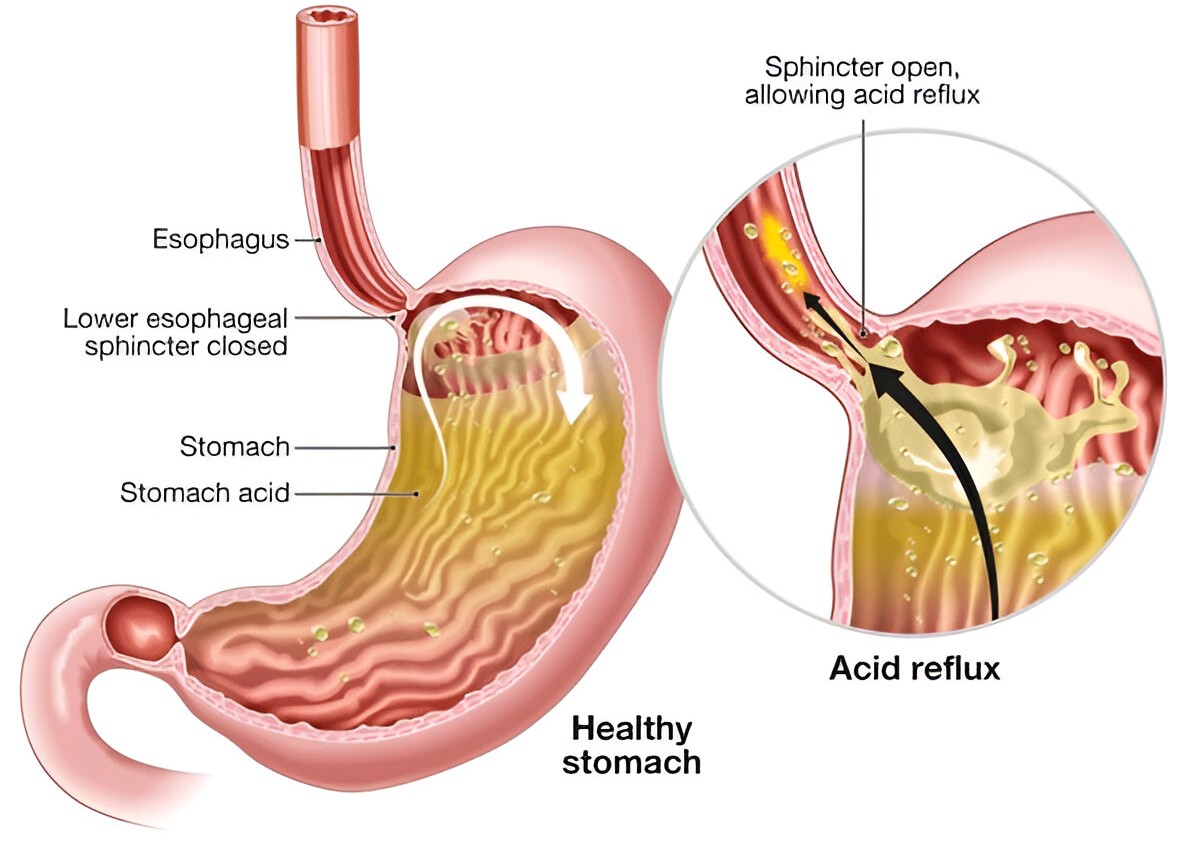
Gastrology cancer symptoms can vary based on the affected area, but some general signs include:
- Unexplained weight loss
- Persistent abdominal pain or discomfort
- Difficulty swallowing (dysphagia)
- Chronic indigestion or heartburn
- Changes in bowel habits (diarrhea, constipation, or blood in stool)
- Nausea or vomiting, sometimes with blood
- Loss of appetite
- Fatigue and weakness
Risk Factors
Several factors increase the risk of developing gastrology cancers:
-
1. Lifestyle Factors
- Smoking
- Alcohol consumption
- Diet high in red/processed meats and low in fiber
-
2. Infections
- Helicobacter pylori (stomach cancer)
- Hepatitis B and C (liver cancer)
- Human Papillomavirus (HPV, anal cancer)
-
3. Genetics and Family History
- Inherited syndromes like Lynch syndrome or familial adenomatous polyposis (FAP).
-
4. Chronic Conditions
- Obesity
- Chronic pancreatitis
- Diabetes
Diagnosis
Diagnosing gastrology cancer often involves:
-
1. Imaging Tests
- CT scans, MRI, and PET scans to locate and assess the tumor. 2. Endoscopy
- Upper GI endoscopy or colonoscopy to visually inspect and biopsy tissues. 3. Blood Tests
- Check for tumor markers like CEA, CA 19-9, or liver function abnormalities. 4. Biopsy
- Microscopic examination of tissue samples to confirm cancer.
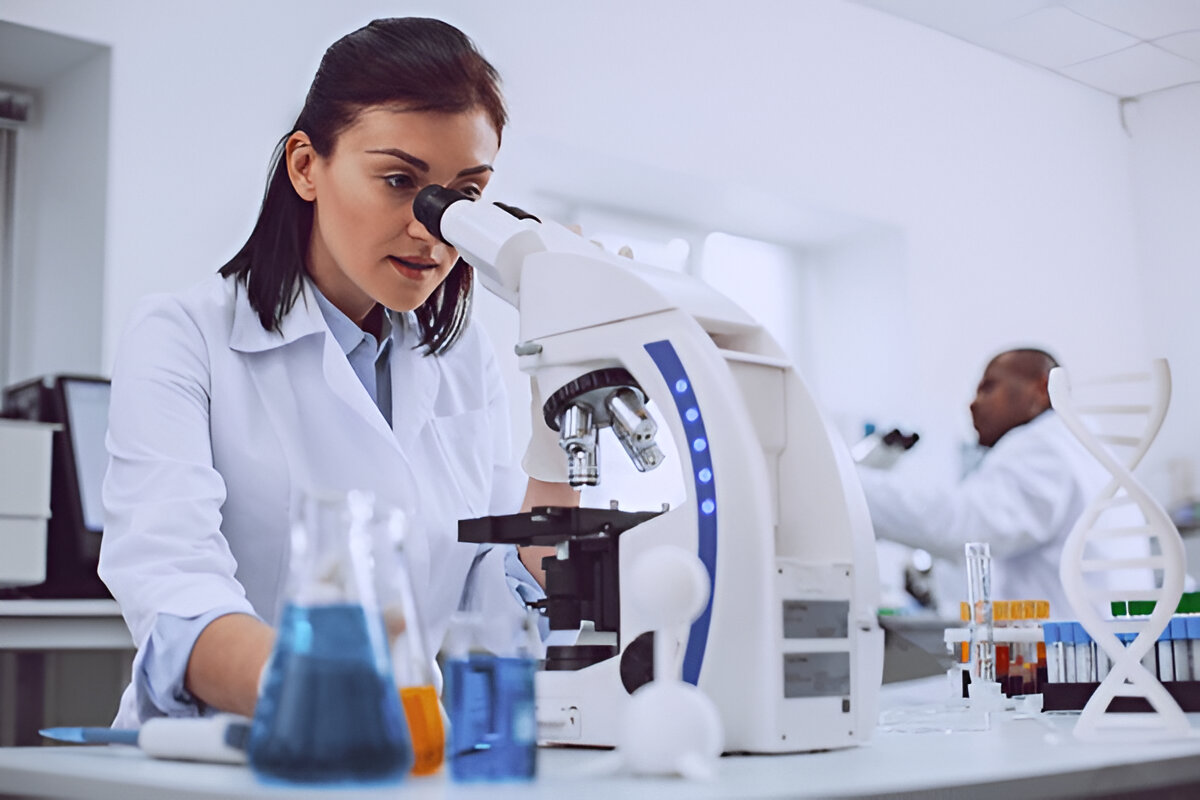
Treatment
Gastrointestinal Cancers
Gastrointestinal Cancers spreads to nearby organs and blood vessels.
Read MoreHead And Neck Cancer
One to two percent of cases of pancreatic cancer are neuroendocrine tumors.
Read MorePrevention
Although not all cancers can be prevented, certain lifestyle and medical measures can reduce risk:
- 1. Healthy Diet
- Emphasize fruits, vegetables, whole grains, and lean proteins.
- Limit processed and red meats. 2. Regular Screening
- Colonoscopy for colorectal cancer starting at age 50 (or earlier if at risk). 3. Vaccinations
- Hepatitis B vaccine to prevent liver cancer.
- HPV vaccine to reduce the risk of anal and other cancers. 4. Avoid Tobacco and Limit Alcohol
- Smoking and heavy drinking significantly increase cancer risk. 5. Manage Chronic Conditions
- Control diabetes, obesity, and infections like H. pylori

